Welcome to our October 2020 edition of Liberty Matters. In this essay and discussion forum Mikko Tolonen, Associate Professor of Digital Humanities at the University of Helsinki, discusses the work of Bernard Mandeville, one of the most original thinkers and personalities of the 18th century. Tolonen discusses various aspects of Mandeville’s thought, in particular the insight concerning people’s faith in their own opinions and their inability to be impartial in moral and political matters. Tolonen then compares Mandeville’s critique of human knowledge with F.A. Hayek’s well known discussion of the limits of human reason. According to Tolonen, Hayek’s work on the use of knowledge deftly compares Rousseau’s view of rationality with Mandeville’s Scottish Enlightenment thinking. His provocative essay, and the three excellent response essays from our other contributors, raise interesting questions about the way in which ideas transcend various eras, particularly those that describe human nature and the norms that dictate human behavior in markets.
Response Essay Mandeville, Grapes, Wine and Government
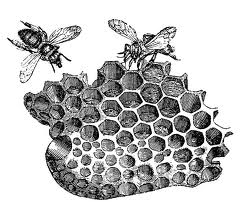 Bernard Mandeville, also known as "Man-devil" in his times, was infamous for allegedly promoting private vices, opposing the activities of the Societies for the Reformation of Manners, and attacking any form of asceticism as mere hypocrisy. Even though his books were burnt and he was treated as a public enemy, he was influential in the querelle du luxe, and many thinkers referred to his work as a focal point. Mandeville did not engage in personal controversies but he did, by name, oppose Anthony Ashley-Cooper, Lord Shaftesbury's view of society and his idea of an innate moral sense that explained human sociability. Mandeville denounced the moral sense as the building block of natural sociability as an elitist view of morality only fit for the likes of Lord Shatesbury. He argued that it denied the possibility of virtuous behavior to all those who had the misfortune of being born in a lower rank of society. This type of denunciation can be seen as Mandeville's trademark. This one is especially meaningful because of Shaftesbury's influence on the Scottish Enlightenment, and thereby on our own understanding of the social order.
Bernard Mandeville, also known as "Man-devil" in his times, was infamous for allegedly promoting private vices, opposing the activities of the Societies for the Reformation of Manners, and attacking any form of asceticism as mere hypocrisy. Even though his books were burnt and he was treated as a public enemy, he was influential in the querelle du luxe, and many thinkers referred to his work as a focal point. Mandeville did not engage in personal controversies but he did, by name, oppose Anthony Ashley-Cooper, Lord Shaftesbury's view of society and his idea of an innate moral sense that explained human sociability. Mandeville denounced the moral sense as the building block of natural sociability as an elitist view of morality only fit for the likes of Lord Shatesbury. He argued that it denied the possibility of virtuous behavior to all those who had the misfortune of being born in a lower rank of society. This type of denunciation can be seen as Mandeville's trademark. This one is especially meaningful because of Shaftesbury's influence on the Scottish Enlightenment, and thereby on our own understanding of the social order.Most of Mandeville's work revolves around sociability, about the possibility of human beings living together in a well-ordered society that could be both peaceful and prosperous. The Fable of the Bees, which includes both the poem "The Grumbling Hive" as well as all of Mandeville's explanatory material, deals with the nature of society and how human beings come to be sociable or governable. The deeper question, as Mikko Tolonen's piece reminds us, is about societal peace and how human passions, which Mandeville sees as the essence of human behavior, can be governed to achieve it. If, as I believe Mandeville would have it, human beings are not naturally sociable, then something has to be done to enable them to live together and respect individual rights (i.e. life, property, promise) without which social order would simply become unsustainable. Mandeville argues it is through utilizing their passions, and not by denying or repressing them, that human beings become governable. Knowing, understanding, and managing these passions is the key to a prosperous and peaceful society.
In the 17th and 18th centuries, and maybe even today, questions about why human beings are able to live together and benefit from social arrangements is at the center of philosophical and public debate. In those days the question turned around natural or artificial sociability: are human beings naturally drawn to each other or do they need to learn how to become members of society? The question aims at understanding why and how society is a way of containing conflict and enjoying the benefits of coordination and cooperation.
Mandeville weighed in on this controversy and spent many yearsafter the publication of his infamous poem trying to explain his observations. He wrote essays, included explanatory remarks, and used dialogues to make his paradox understood. The Dialogues between Horatio and Cleomenes were one of these explanatory devices. In the Fourth Dialogue[1] Cleomenes, Mandeville's spokesperson, states "That Nature had design'd Man for Society, as she has made Grapes for Wine" (Fable ii: 185) arguing that even if human sociability is the work of nature "there is nothing that requires greater Skill" because "it is human Sagacity that finds out the Uses" of this innate virtue (Fable ii: 185) so society "cannot subsist without the Concurrence of human Wisdom" (Fable ii: 186). Human wisdom appears to be a key ingredient in making human beings sociable and governable, and therefore, capable of living together in a well-ordered society.
Human wisdom makes it possible to observe, study and understand human passions, the raw material of society, which, as Tolonen points out, needs general rules and a political structure to work. Mandeville (Fable i: 206) underscores fear as "[t]he only useful Passion [...] that Man is possessed of toward the Peace and Quiet of a Society". "Fear, and some degree of Understanding", according to Mandeville (Fable ii: 184) make human beings governable, which is not the same as being submissive. The negative character of general rules that Tolonen discusses does not imply that we follow such rules only to avoid greater evils. Rather, we follow them because we want to please, and we have a "Willingness to exert ourselves on behalf of the Person that governs" (Fable ii: 184). We accept, embrace, and become sociable because we perceive the advantages of social life. Our self-interest makes those advantages apparent. This is why fear has to be accompanied with understanding for human beings to become governable. And this would make the basis for the politics of self-esteem or, as Tolonen states, this means that self-esteem becomes a political question.
Hayek (1966) reminds us that Mandeville, beyond his succès de scandale, is a forerunner of social scientists in raising the question of how the human mind works and how social order emerges. Hayek praises Mandeville for having, even if unwittingly, stated a most powerful general principle "that in the complex order of society the results of men's actions were very different from what they had intended, and that individuals, in pursuing their own ends, whether selfish or altruistic, produced useful results for others which they did not anticipate" (Hayek 1966: 129). This complex social order, with its rules, practices, and institutions, was itself the result of individual actions and not of human design. Hayek saw in Mandeville a clear predecessor to his own social theory of spontaneous order.
However, this spontaneous order requires human wisdom. "The undoubted Basis of all Societies is Government" (Fable ii: 184). Government here should be understood as the art of turning grapes into wine or making human beings governable through their passions, through their fear, but most importantly through their desire to please. That desire plays into their self-esteem, as it is through the eyes of othersthat human beings satisfy their pride and have a clear sense of their own value. Mandeville (Fable i: 51) clearly states that "the nearer we search into human Nature, the more we shall be convinced, that the Moral Virtues are the Political Offspring which Flattery begot upon Pride". Flattery is then a political art that requires patience, observation, and tact. It is this political art that, following Tolonen, would mark the radical difference between Mandeville and Hayek as there is no possibility for autonomy in Mandeville's thought. Moreover, I advance, this same politics of self-esteem opens the door to a more active part for human wisdom.
Indeed, this wisdom is a main feature of Mandeville's insight on social order. On the last page of his essay on the Nature of Society, Mandeville addresses the "intelligent Reader" hoping that he has been able to provide such a reader with the amusement he has found himself in writing the text, and leaves him "with regret, and conclude with repeating the seeming Paradox, the Substance of which is advanced in the Title Page; that Private Vices by the dextrous Management of a skilful Politician may be turned into Publick Benefits" (Fable i: 369). Let us note that Mandeville now qualifies his paradox to explain exactly how passions, usually taken as a source of evil, can be transformed and managed to make human beings governable and society advantageous for all. The politics of self-esteem that Tolonen brings to light, by addressing pride, can make passions incentivize pro social behaviors and prevent them from leading to crime. In Mandeville's terms, this is how a body politic becomes a social order where each member "can find his own Ends in Labouring for others, and under one Head or other Form of Government each Member is rendered Subservient to the Whole, and all of them by cunning Management are made to Act as one" (Fable i: 347).
Endnotes
[1.] Dialogues written to continue the Defense, Vindication and explanation of his Fable intended to "illustrate and explain several Things, that were obscure and only hinted at" in the prior writings (Fable II; 8). Mandeville explains he has taken the time to write these documents because he simply cannot understand how anyone could ever think, if nor from "wilful Mistake and premeditated Malice" (Fable II; 6) that his intention was to promote vices and that his poem was responsible for increasing crimes or ill behavior. Horatio represents what Mandeville calls the Beau Monde "but rather of the better sort of them as to Morality; [...] He is a Man of strict Honour, and of Justice as well as Humanity; rather profuse than covetous, and altogether disinterested in his Principles" (Fable ii: 16). "Cleomenes had been just such another, but was much reform'd" (Fable ii: 16) who, arguably, speaks for Mandeville.
References
Hayek, F.A., (1966). "Dr. Bernard Mandeville". Master-Mind Lectures, The British Academy. Available at: http://thebritishacademy.ac.uk/documents/2113/52p125.pdf
Mandeville, B., (1988). The Fable of the Bees or Private Vices, Publick Benefits, 2 vols. with a Commentary Critical, Historical, and Explanatory by F.B. Kaye, Indianapolis: Liberty Fund. Available at https://oll.libertyfund.org/titles/1863.

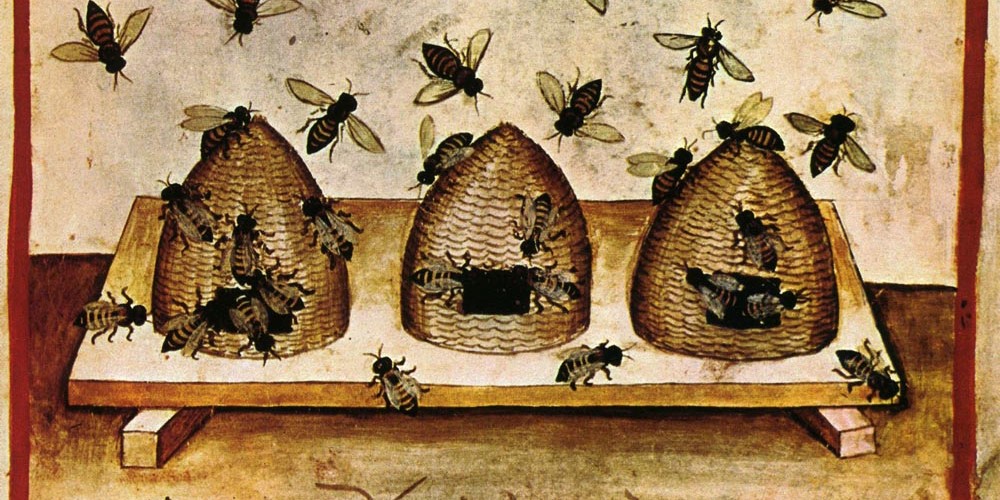
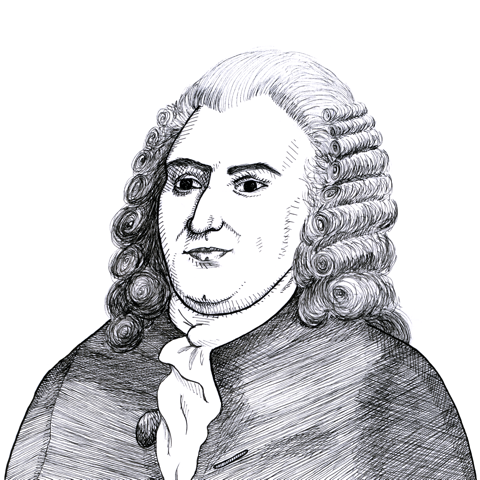

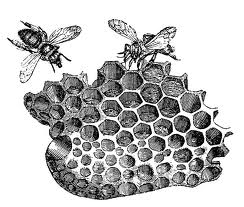 Mikko Tolonen’s lead essay, as well as the responses and critiques by Andrea Branchi, Dario Castiglione, and Tolonen again, have been a wonderful opportunity to think, review, and ponder the ways authors like Mandeville and Hayek can enlighten and promote conversations on current topics. Tolonen raises the question when addressing Castiglione’s essay, but it actually underpins all his interventions, and it is a question I believe we should all tackle. The question about the connection between ideas and practice, the “engagement with contemporary issues relevant for current day civil society,” or of “potential contemporary relevance,” or “what this means in our contemporary world” are questions historians of ideas should always keep in mind and address.
Mikko Tolonen’s lead essay, as well as the responses and critiques by Andrea Branchi, Dario Castiglione, and Tolonen again, have been a wonderful opportunity to think, review, and ponder the ways authors like Mandeville and Hayek can enlighten and promote conversations on current topics. Tolonen raises the question when addressing Castiglione’s essay, but it actually underpins all his interventions, and it is a question I believe we should all tackle. The question about the connection between ideas and practice, the “engagement with contemporary issues relevant for current day civil society,” or of “potential contemporary relevance,” or “what this means in our contemporary world” are questions historians of ideas should always keep in mind and address. 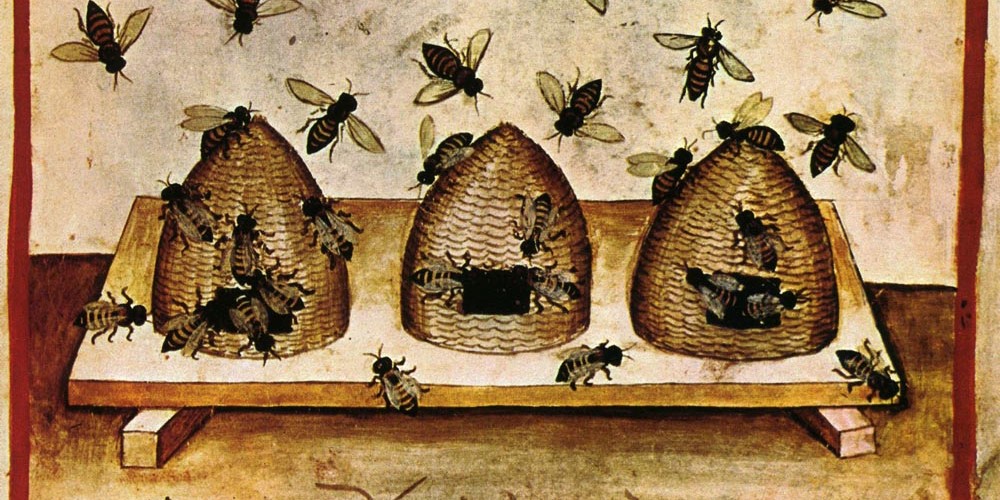 At the beginning of our enjoyable and instructive conversation, Mikko Tolonen enticed us to follow a revisionist path. Besides the self-interest motive, Mandeville’s analysis – Tolonen suggested – had “a further dimension,” which rested on the passion of pride: “people need to survive, but more important is their social existence based on self-esteem.” With different qualifications, Jimena, Andrea and I were glad to follow Tolonen on the same path. Now, he has upped the stakes. He wants us to “encourage [economists] to advance their thinking” by moving away from their conception of rational self-interested agents to “a more sensible theoretical setting about human nature.” I am reminded of a line in Alexander Pope: “fools rush in where angels fear to tread.” With the economists playing the cautious “angels,” we risk making fools of ourselves. So be it, I’ll take the risk.
At the beginning of our enjoyable and instructive conversation, Mikko Tolonen enticed us to follow a revisionist path. Besides the self-interest motive, Mandeville’s analysis – Tolonen suggested – had “a further dimension,” which rested on the passion of pride: “people need to survive, but more important is their social existence based on self-esteem.” With different qualifications, Jimena, Andrea and I were glad to follow Tolonen on the same path. Now, he has upped the stakes. He wants us to “encourage [economists] to advance their thinking” by moving away from their conception of rational self-interested agents to “a more sensible theoretical setting about human nature.” I am reminded of a line in Alexander Pope: “fools rush in where angels fear to tread.” With the economists playing the cautious “angels,” we risk making fools of ourselves. So be it, I’ll take the risk.